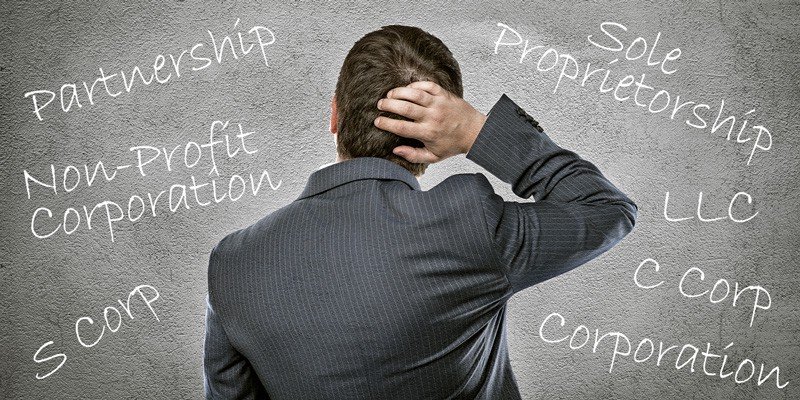How to categorize your business structure
How to categorize your business structure. When beginning a business, you must decide what form of business entity to establish. Your form of business determines which income tax return form you have to file. The most common forms of business are the sole proprietorship, partnership, corporation, and S corporation. A Limited Liability Company (LLC) is a business structure allowed by state statute.
What is a business legal structure?
How to categorize your business structure. A business legal structure, also known as a business entity, is a government classification that regulates certain aspects of your business. On a federal level, your business legal structure determines your tax burden. On a state level, it can have liability ramifications.
Of all the choices you make when starting a business, one of the most important is the type of legal structure you select for your company. Not only will this decision have an impact on how much you pay in taxes, it will affect the amount of paperwork your business is required to do, the personal liability you face and your ability to raise money.
Why is a business legal structure important?
Choosing the right business structure from the start is among the most crucial decisions you can make.
Taxes
How to categorize your business structure. Sole proprietors, partnership owners and S corporation owners categorize their business income as personal income. C corporation income is business income separate from an owner’s personal income. Given the different tax rates for business and personal incomes, your structure choice can significantly impact your tax burden.
Organizational structure provides guidance to all employees by laying out the official reporting relationships that govern the workflow of the company. A formal outline of a company’s structure makes it easier to add new positions in the company, as well, providing a flexible and ready means for growth.
Types of business structures
The type of business entity you choose will depend on three primary factors: liability, taxation and record-keeping. Here’s a quick look at the differences between the most common forms of business entities:
Sole proprietorship
A sole proprietorship is the most common form of business organization. It’s easy to form and offers complete managerial control to the owner. However, the owner is also personally liable for all financial obligations of the business.
Partnership
A partnership involves two or more people who agree to share in the profits or losses of a business. A primary advantage is that the partnership does not bear the tax burden of profits or the benefit of losses-profits or losses are “passed through” to partners to report on their individual income tax returns. A primary disadvantage is liability-each partner is personally liable for the financial obligations of the business.
Corporation
A corporation is a legal entity that is created to conduct business. The corporation becomes an entity-separate from those who founded it-that handles the responsibilities of the organization. Like a person, the corporation can be taxed and can be held legally liable for its actions. The corporation can also make a profit.
The key benefit of corporate status is the avoidance of personal liability. The primary disadvantage is the cost to form a corporation and the extensive record-keeping that’s required. While double taxation is sometimes mentioned as a drawback to incorporation, the S corporation (or Sub-chapter corporation, a popular variation of the regular C corporation) avoids this situation by allowing income or losses to be passed through on individual tax returns, similar to a partnership.
Hybrid
How to categorize your business structure. A hybrid form of partnership, the limited liability company (LLC) , is gaining in popularity because it allows owners to take advantage of the benefits of both the corporation and partnership forms of business. The advantages of this business format are that profits and losses can be passed through to owners without taxation of the business itself while owners are shielded from personal liability.
Faceless Marketing
Here at Faceless Marketing, we develop engaging websites that speak clearly and directly to your target audience. Our compelling designs showcase your brand personality and key attributes. We build or improve business websites, so they are easy to use, both internally and client-facing. You save time managing your site and take potential customers from interested to engaged.
If your website looks unappealing or outdated, your audience will immediately have a negative impression of your business. They will not find your website appealing, which deters them from your page. You will miss out on leads because they will leave your page for a competitor’s page. Marketing moves fast, but so do we. Our marketing experts have worked with many businesses – large and small to develop their customer base and number of subscribers. Reach out to Faceless Marketing for a quote or FREE consultation. Call 1-800-357-1299 or email info@faceless.marketing and check out our YouTube channel for helpful videos.









